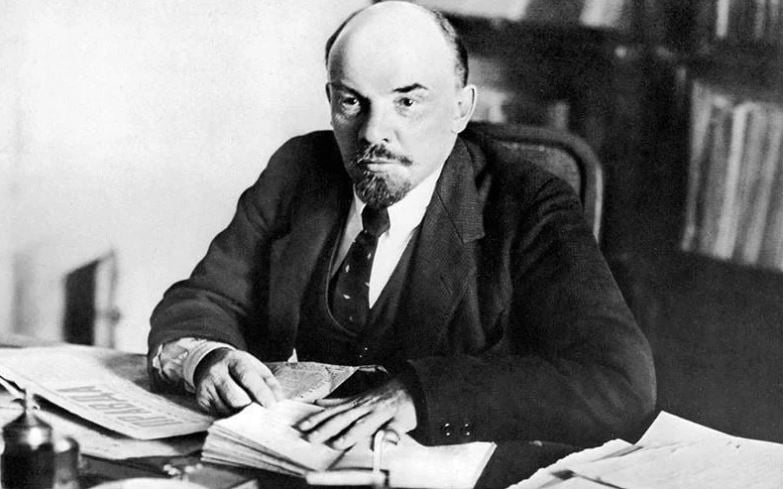 |
| Lenin - the great leader of the world's proletariat, founder of the Communist International; and at the same time led the Russian people to carry out the October Revolution, establishing the world's first workers' and peasants' state led by the Party of the proletariat. (Photo: VNA) |
Lenin's greatest contribution was to successfully lead the world's first socialist revolution, ending centuries of capitalism's monopoly, opening a new era.
It was the era of the world socialist system growing strong as one of the forces determining the movement trend of contemporary history; the era of revolutionary currents destroying the colonial system of colonialism, defeating the wars caused by imperialist capitalism; the era of the workers' movement, social movement, and people's movement vigorously fighting to criticize capitalism on a global scale.
The next important and distinctive contribution of V.I. Lenin was his creative innovation in theoretical awareness and practical activities in building socialism in Russia from 1917, and then in the Union of Soviet Socialist Republics (USSR) from 1922.
In the economic field, the innovative spirit of Lenin was expressed in the New Economic Policy (NEP), which began in 1921, as a model for the perception of socialism and the path to socialism from a starting point that was not high-level capitalism.
In the political field, V. Lenin's creative innovation genius was demonstrated through the reform, arrangement, and streamlining of the Soviet government apparatus according to the motto "Better less but better" to ensure that the Soviet State was truly worthy of being a socialist state apparatus, capable of managing, and bringing Russia from small, weak production and backward agriculture to large-scale socialist production.
“Better less but better” is the title of the work read by leader V. Lenin to his secretary, completed on March 2, 1923 and published in the newspaper Su That No. 49, March 4, 1923.
First of all, Lenin assessed the Soviet state as the greatest historical invention, creating a new society, a new era. At the same time, he frankly pointed out the weaknesses of the Soviet apparatus after 5 years of construction and operation.
That is: cumbersome apparatus, bureaucratic work, a team of cadres who love to make plans, weak practical guidance, boasting, empty revolution, the appearance of communist complacency, and bad elements and opportunists... Although it went through 5 years of consolidation, due to unclear guidelines, by 1923 it was "ineffective, even useless, or even harmful" (1).
| Following the motto "Better less but better", the proletarian state must be streamlined in terms of organizational structure; have a team of high-quality, responsible and exemplary cadres and employees; and operate in a truly effective manner. |
Following the motto “Better less but better”, the proletarian state must be streamlined in terms of its organizational structure; have a team of highly qualified, responsible and exemplary cadres and employees; and operate in a truly effective manner. To implement such a profound reform of the organizational structure, Lenin emphasized the following steps:
Firstly, it is necessary to objectively assess the current state of the Soviet state apparatus in order to have a basis for reforming and reorganizing the state apparatus. He frankly summarized: “The situation of our state apparatus is very sad, if not very bad” (2) and pointed out the cause: “Up to now, we have had too little time to think about and pay attention to the quality of our state apparatus” (3). From there, he set out the requirement: “We must properly and very seriously rectify our state apparatus…” (4).
Second, it is necessary to clearly define the goal of organizational reform as ensuring and strengthening the socialist nature of the Soviet State. He said: “Everything that is truly excellent in our social system must be used with utmost caution, careful consideration, and thorough understanding” (5).
As someone who once affirmed that government is the fundamental issue of the revolutionary cause, V. Lenin noted the issue of principle: "We must be extremely careful to preserve our workers' government, to maintain our small peasantry and very small peasantry under the power and leadership of that government" (6).
Third, “we must follow this rule: it is better to have less but better” (7). In the process of reforming the state apparatus, we must not chase after quantity; on the contrary, “we must be especially stingy with quantity” (8) and must pay utmost attention to quality. For cadres, we must choose truly talented people, and each person must be sure of himself, it is better to have less but better: “we must immediately and permanently abandon all general standards on the number of employees of agencies... We must choose especially carefully..., based on the most rigorous examination, and there is no other way” (9).
It is necessary to carefully examine and resolutely eliminate agencies and departments that are not really necessary or have overlapping functions and tasks. V. Lenin also believed that combining party agencies with government agencies is extremely useful. Reality has proven that the People's Commissariat for Foreign Affairs has done so since its inception and has operated very effectively.
From there, leader V. Lenin summarized: “Is not the flexible combination of the government element with the party element an extraordinary source of strength in our policy? I believe that what has been proven to be true, has firmly stood in our foreign policy and has become so deeply ingrained in our customs and habits that it no longer causes the slightest doubt in that aspect, will be at least as suitable (and I think it will be more suitable) for our entire state apparatus” (10).
Fourth, prepare the basic conditions to ensure the success of the reform of the state apparatus. V. Lenin pointed out: “To renew our state apparatus, we must do our best to set ourselves the following tasks: first, to study, second, to study, third, to study forever, and finally, we must make sure that knowledge in our country is no longer on paper or a fashionable saying (this, it must be admitted, often happens in our country), we must make sure that knowledge really penetrates the brain, completely and practically becomes an integral part of our lives” (11).
Furthermore, the reform must have a key focus, choosing the right breakthrough point to impact the entire state apparatus. In the conditions of the Soviet government at that time, the breakthrough point was the Workers' and Peasants' Inspection Department, which was considered by V. Lenin as the "center of the nervous system" and if it impacted, it would shake the entire state apparatus.
Lenin's innovative thinking was adopted by leader Nguyen Ai Quoc - Ho Chi Minh when he drafted the Revolutionary Path (1927): "The most genuine... revolutionary ideology is Leninism" (12).
Following the example of V. Lenin, after only two years in power, President Ho Chi Minh wrote the work Reforming the Way of Working (1947), setting out the direction for reforming the organization and operation of all levels of government and organizations to effectively meet the requirements and tasks of resistance and nation building. Currently, the Party and State of Vietnam are determined to carry out the revolution in organizational apparatus according to the motto of being lean, compact, strong, efficient, effective and efficient. On this correct and necessary path, V. Lenin's thought and motto of "rather less but better" continue to have the value of enlightenment and guidance.
----
Note:
(1) VILenin: Complete Works. Progress Publishing House, Moscow, 1978, vol. 45, p. 445
(2) VILenin: Ibid, p.442
(3) VILenin: Ibid, p.442
(4) VILenin: Ibid, p.446
(5) VILenin: Ibid, p.444
(6) VILenin: Ibid, p.457
(7) VILenin: Ibid, p.445
(8) VILenin: Ibid, p.446
(9) VILenin: Ibid, p.446
(10) VILenin: Ibid, p.452
(11) VILenin: Ibid, p.444
(12) Ho Chi Minh: Complete Works, National Political Publishing House, Hanoi, 2011, vol. 2, p. 289
Source: https://huengaynay.vn/chinh-tri-xa-hoi/theo-dong-thoi-su/tri-tue-doi-moi-sang-tao-thien-tai-voi-phuong-cham-tha-it-ma-tot-152844.html





![[Photo] Thousands of Buddhists wait to worship Buddha's relics in Binh Chanh district](https://vstatic.vietnam.vn/vietnam/resource/IMAGE/2025/5/3/e25a3fc76a6b41a5ac5ddb93627f4a7a)




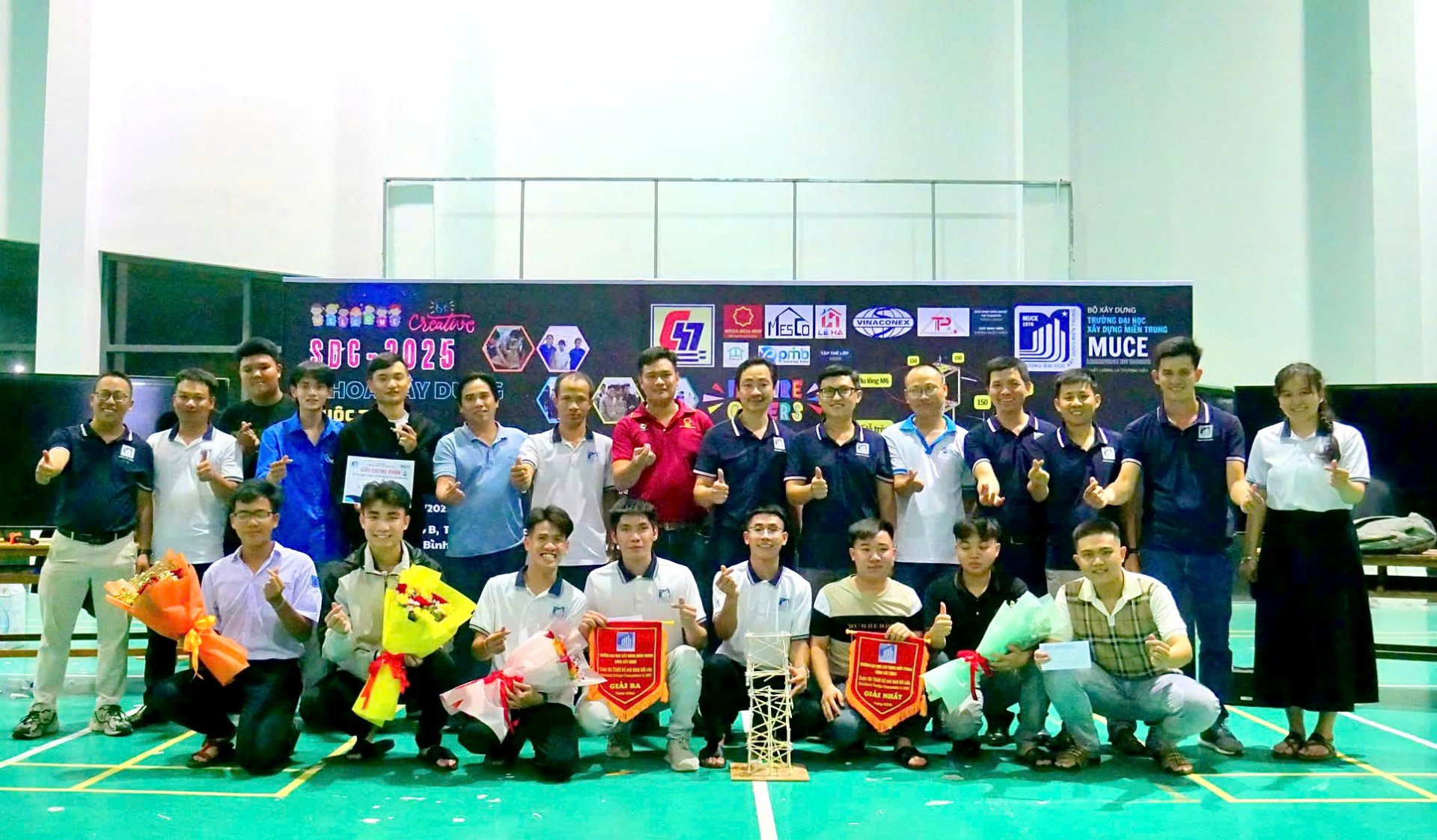
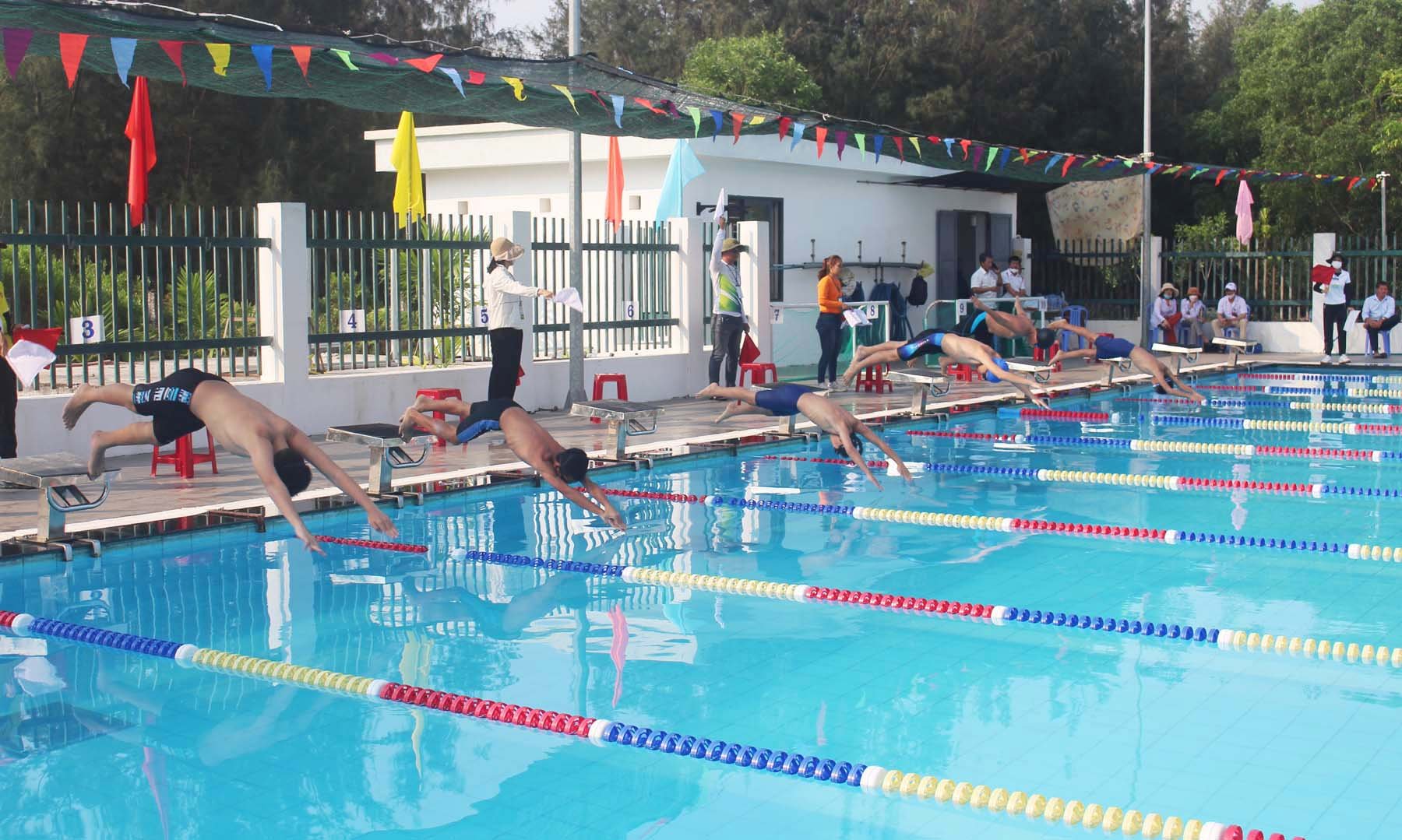




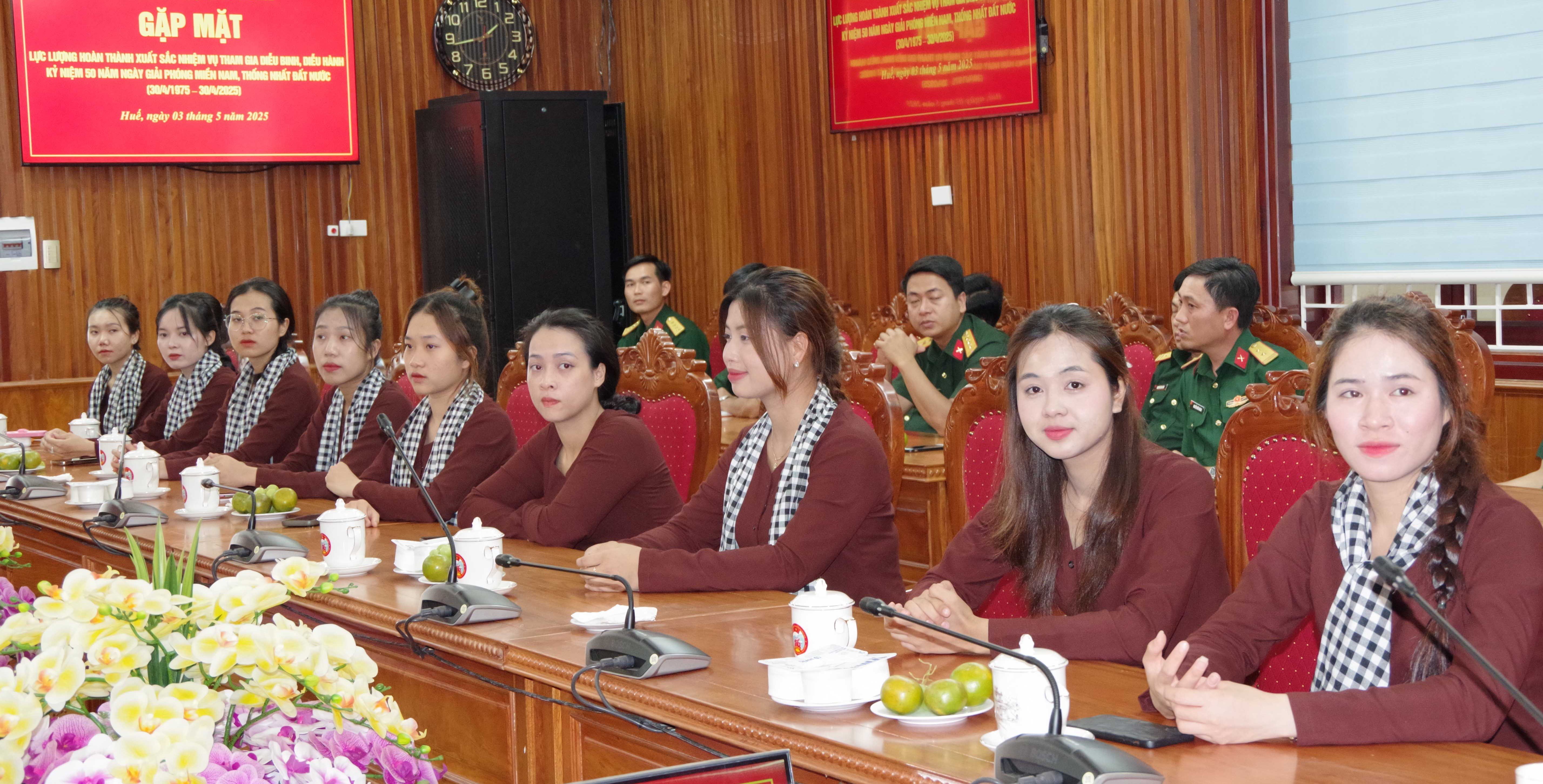
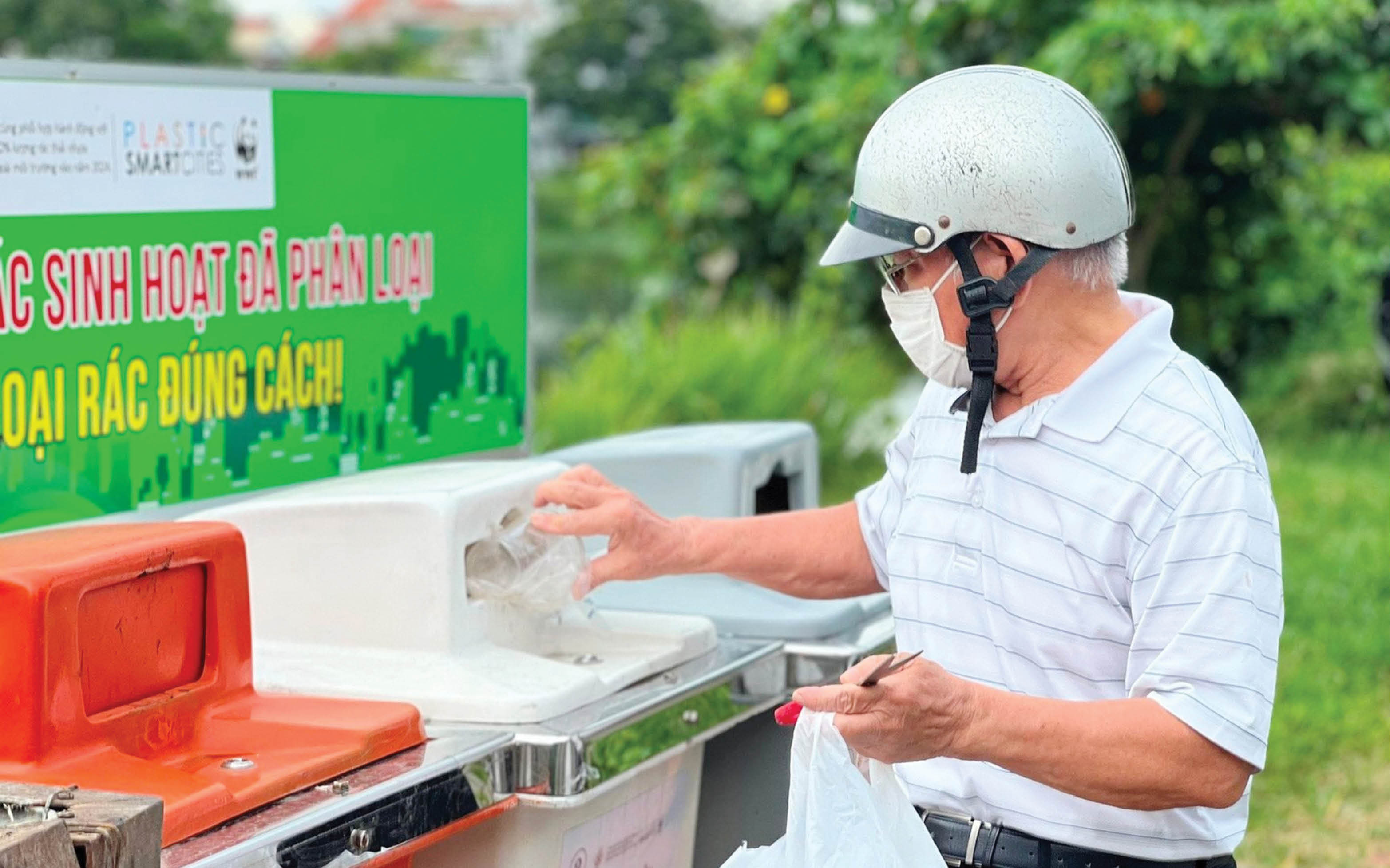
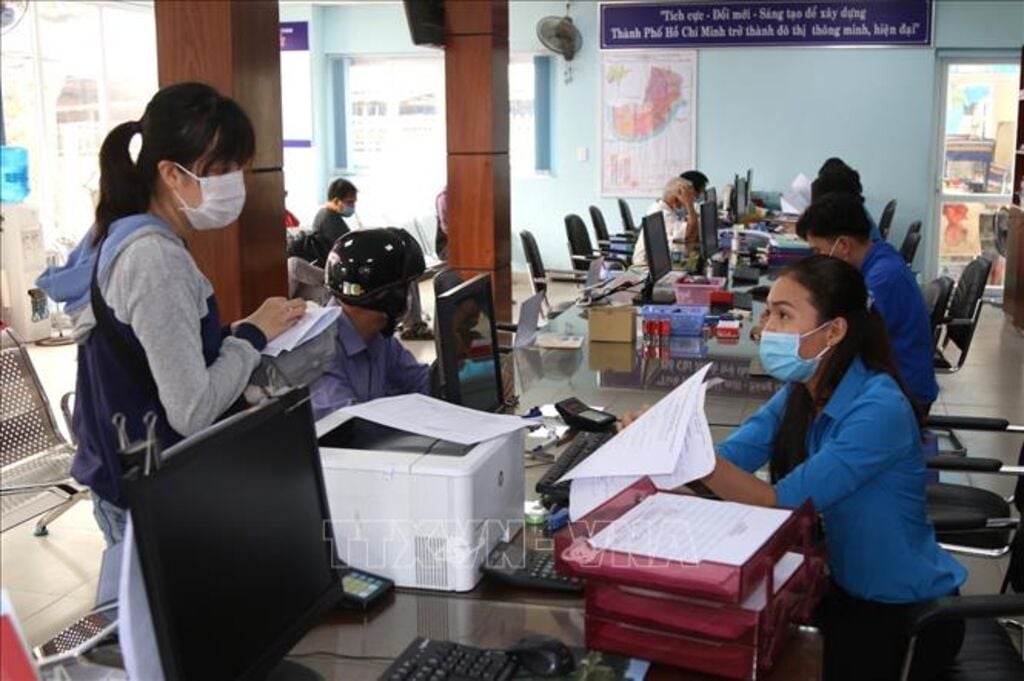

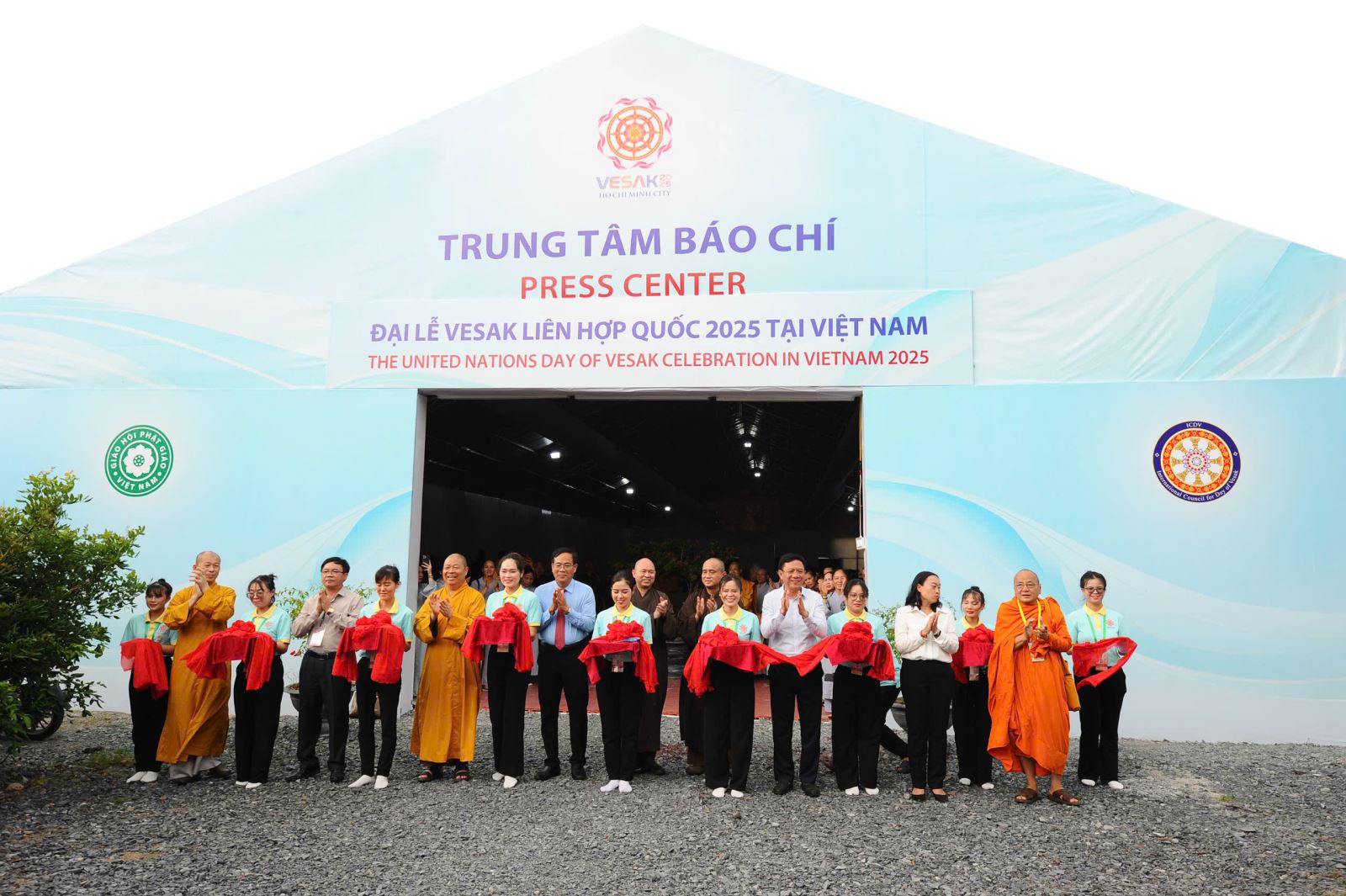
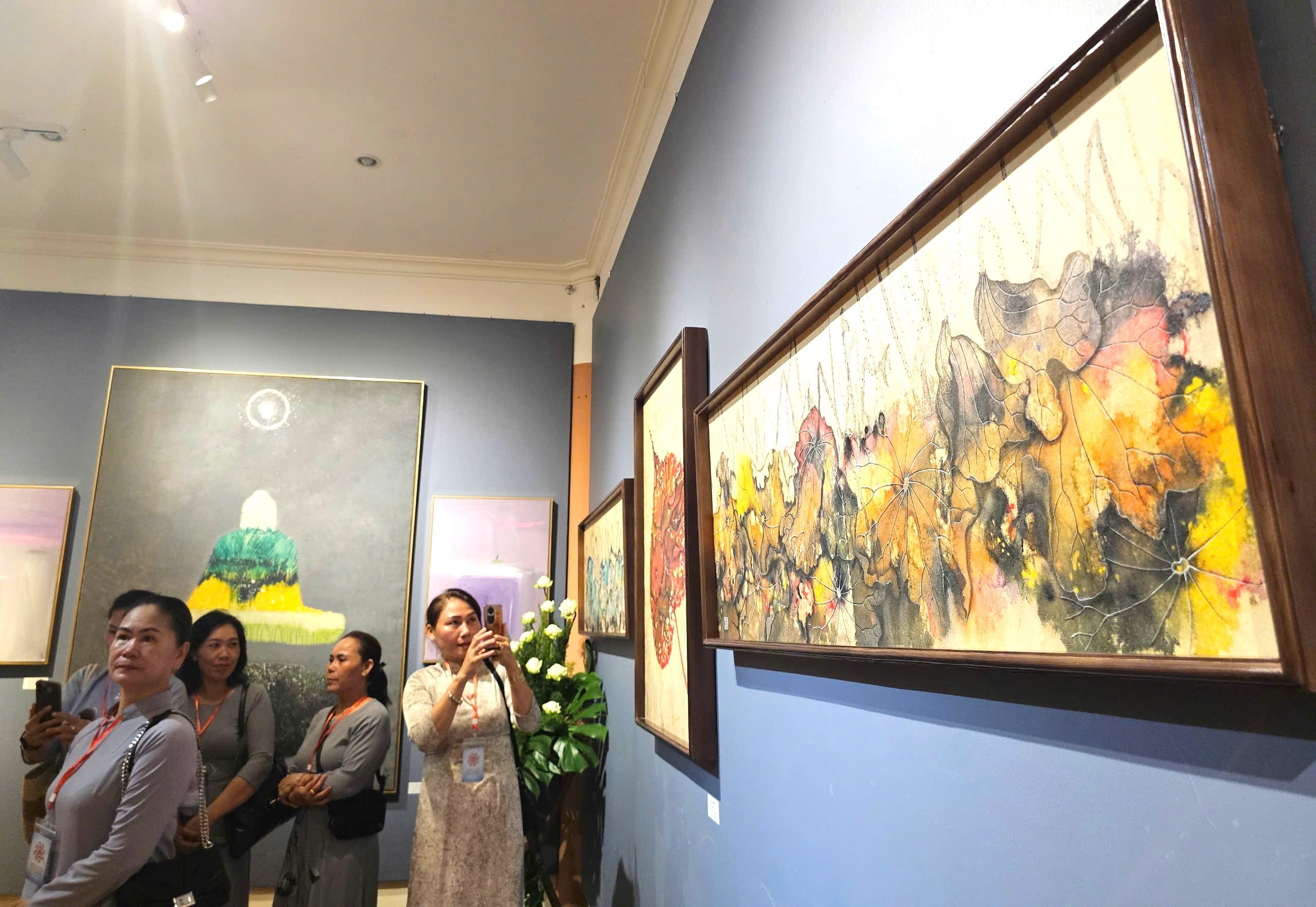





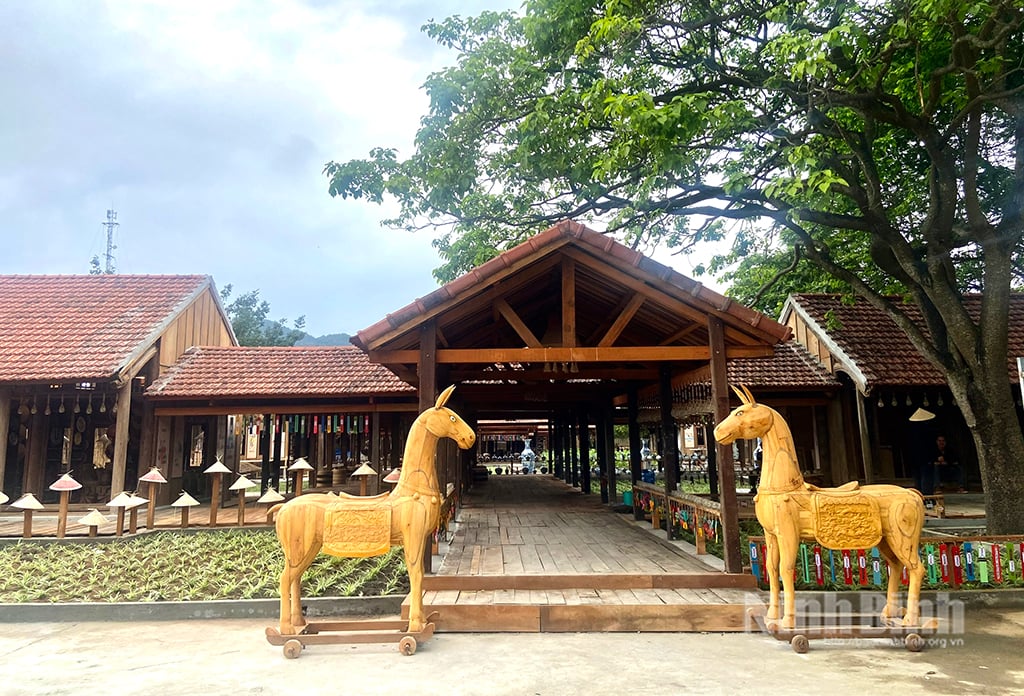









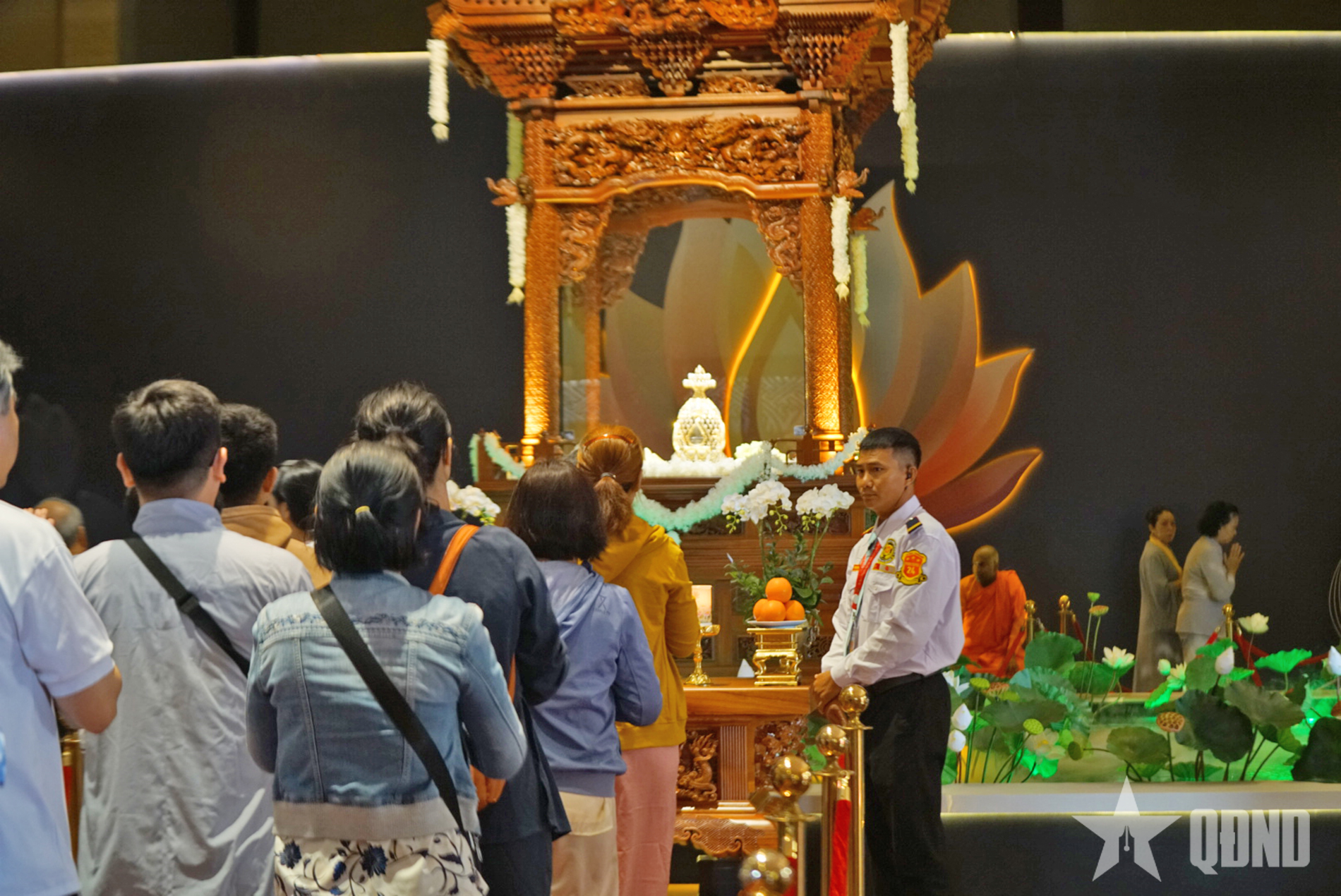


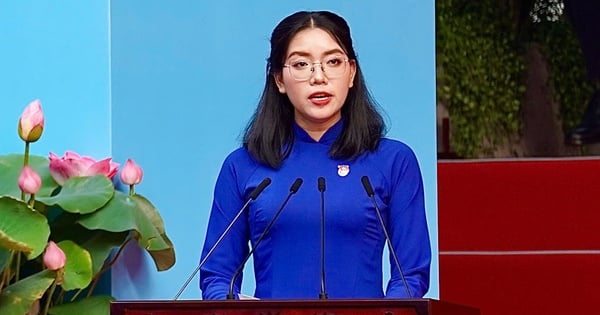

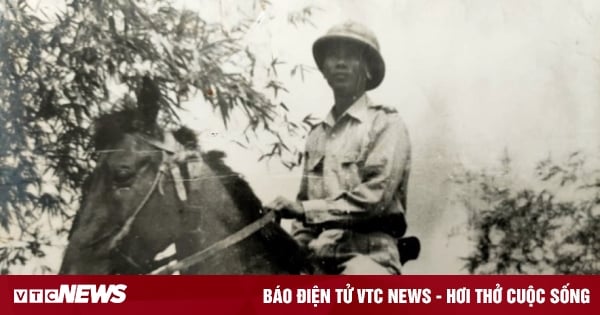









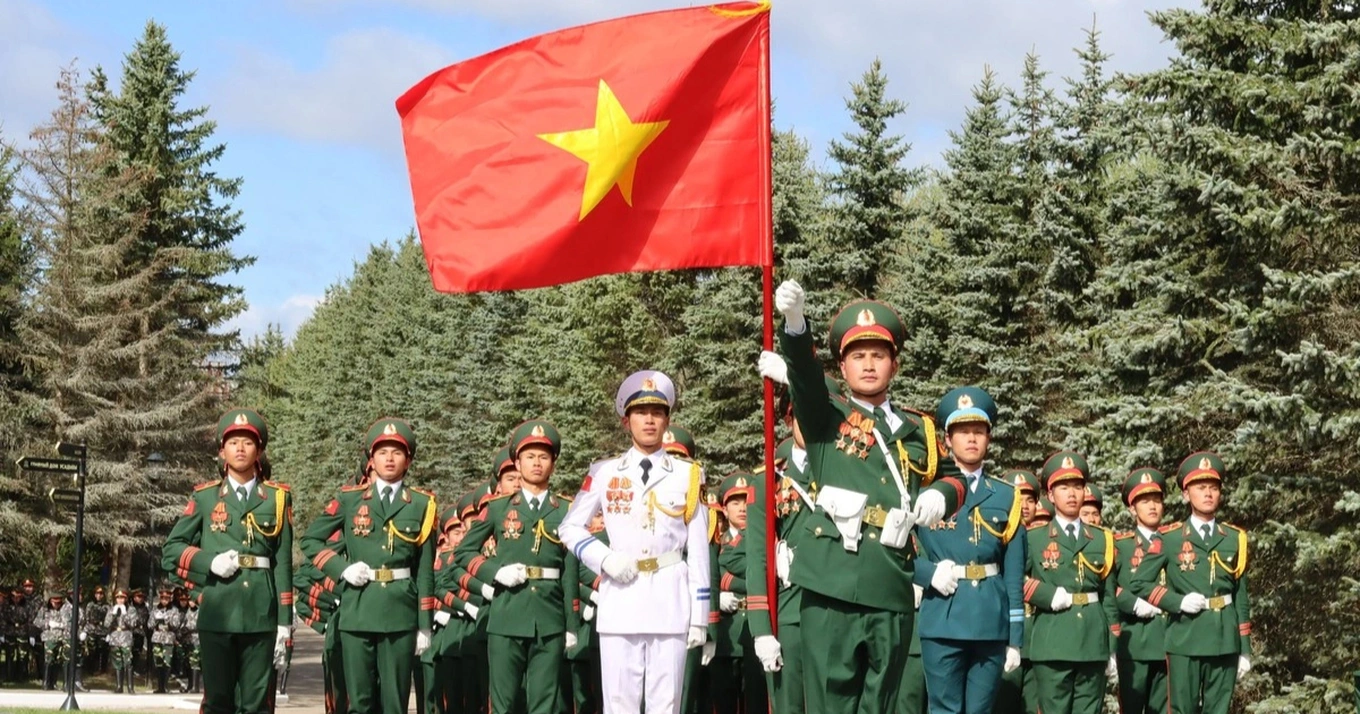

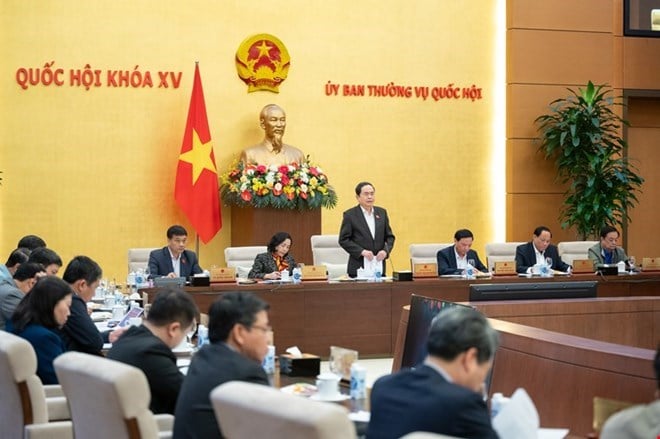
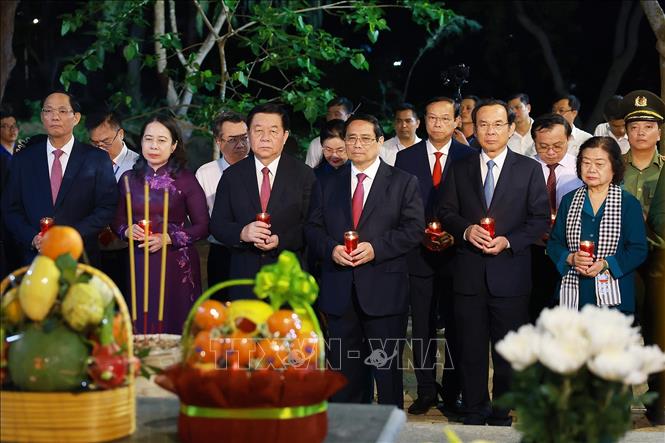









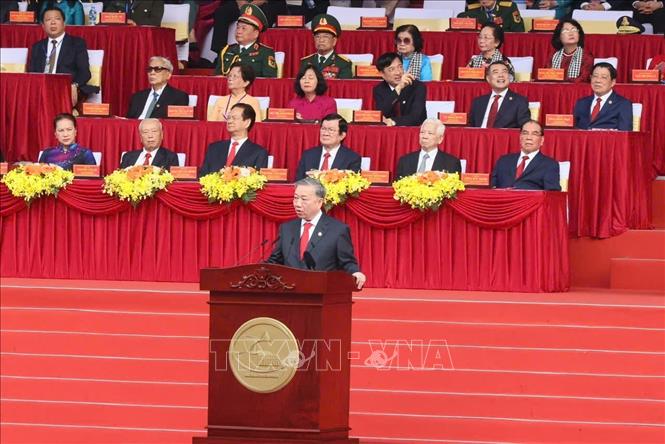







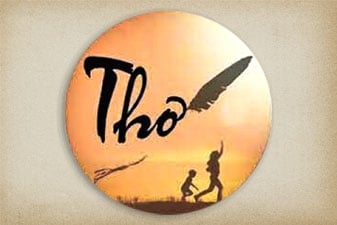
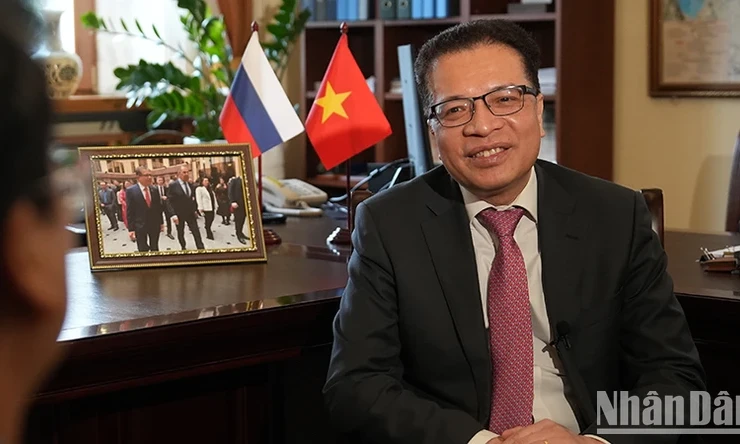











Comment (0)